Forecasting zoonotic disease risks in a changing climate
Modelling predicts how the ecological impacts of climate change are expected to drive changes in the endemic ranges of zoonotic vector-borne diseases… Read more »
Modelling predicts how the ecological impacts of climate change are expected to drive changes in the endemic ranges of zoonotic vector-borne diseases… Read more »
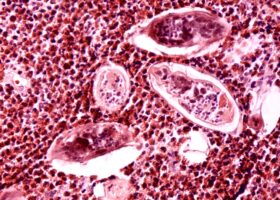
It is now recognised that health studies and interventions have historically been male-biased, and female-related health issues less explored. The… Read more »
Have you ever found yourself eyeing a mosquito as it buzzed around, seemingly fixated on making you its next meal? It’s an… Read more »
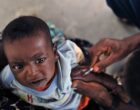
The new, approved malaria vaccine has moved to a national distribution in Cameroon, marking a small but mighty milestone in… Read more »

Cabo Verde, a beautiful archipelago of West Africa in the central Atlantic Ocean, has been declared malaria-free by the World… Read more »
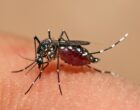
New research suggests the changing diet of populations in developing countries could alter the components of people's blood plasma… Read more »
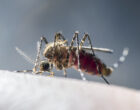
A new study by Oke et al. looks at a non-destructive way to measure Plasmodium parasites in mosquitoes over periods of time.
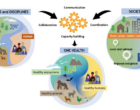
When assessing the worldwide impact of parasitic diseases, schistosomiasis is second only to malaria. In fact, in 2021,… Read more »

Can telehealth help to reliably diagnose autism spectrum disorder in children? How does climate change impact the habitat and… Read more »
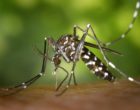
Poverty, inequality, and vector-borne disease feed into one another. How do we break the loop?